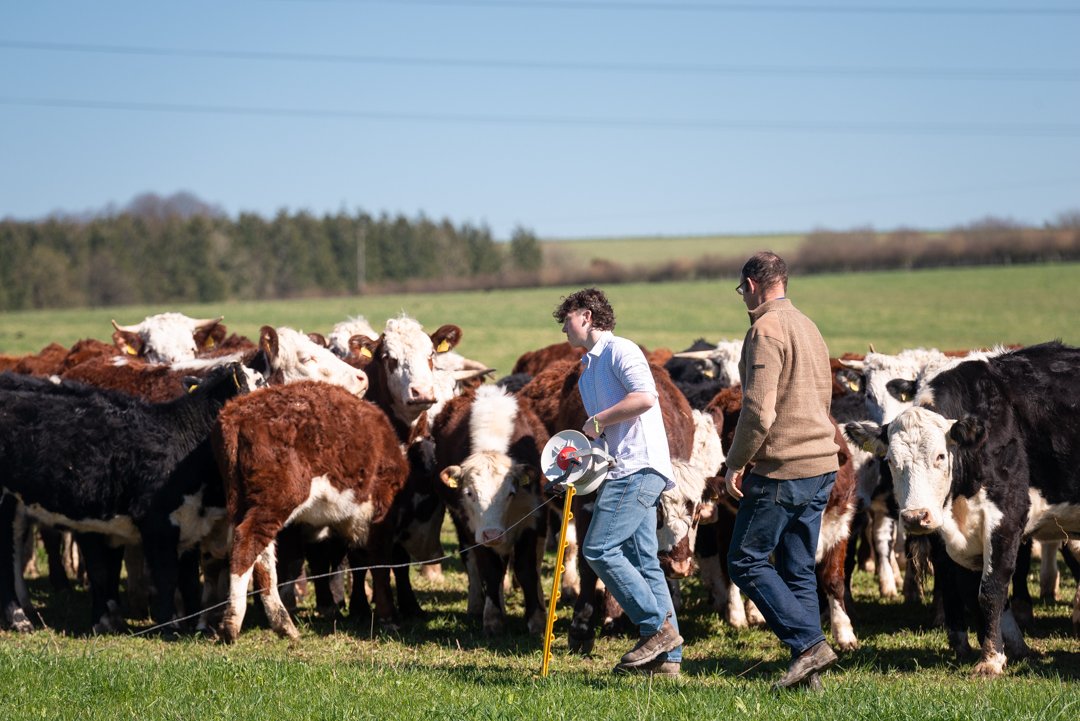What is regenerative farming?
Regenerative agriculture is a system of farming that works with nature to improve soil health, reduce costs and increase farm profit margins, while delivering a range of environmental benefits.
These environmental benefits include sequestering carbon from the atmosphere as organic matter in the soil, increased biodiversity and improved water quality. Regenerative farming also reduces the use of expensive inputs such as fertiliser and pesticides.
Regenerate Outcomes provides farmers with mentoring and support to help them successfully transition to regenerative production.
Mentoring is led by Understanding Ag who base their teaching on some core principles:
Minimal disturbance of the soil through tillage or use of chemicals which helps to preserve soil biology
Keeping living roots in the soil for as much of the year as possible to support microbial life and build organic matter
Integrating livestock into cropping rotations to improve activity in the soil and enhance soil biology
Improving grazing management. For example, regularly moving stock to graze different areas, varying when different parts of the farm are grazed and allowing land extra time to rest between grazing
Encouraging diversity in crop, pasture, livestock and wildlife species
Ensuring management activities are appropriate to your context, including your farm environment, production goals, market conditions and desired work-life balance

“There's a groundswell of feeling that this is a better way of farming in so many ways. We need that to grow and the only way that grows is with evidence. Regenerate Outcomes will help provide that evidence.”
– George Hosier, beef and arable farmer, Wiltshire



